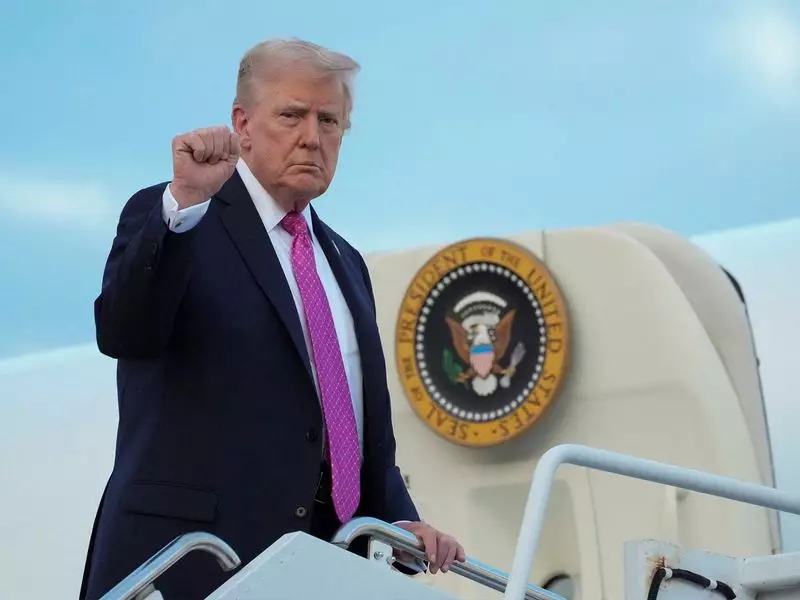
In a statement that has stirred international attention, former US President Donald Trump has delivered a mixed assessment of Ukraine's military prospects against Russia, acknowledging their potential for victory while expressing significant doubts about whether it will materialize.
The Controversial Assessment
Trump, known for his unfiltered commentary on global affairs, stated that Ukraine possesses the capability to emerge victorious in its prolonged conflict with Russia. However, the former president quickly tempered this acknowledgment with skepticism about the likelihood of such an outcome.
"They could win, but I don't think they will," Trump remarked, creating a paradoxical position that has drawn scrutiny from political analysts and international relations experts alike.
Context and Implications
The comments come at a critical juncture in the Ukraine-Russia conflict, as Western support for Kyiv faces increasing political challenges. Trump's perspective carries particular weight given his status as the presumptive Republican presidential nominee and his history of advocating for a more restrained approach to US involvement in foreign conflicts.
Political observers note that Trump's statement reflects his longstanding position on the conflict, which has often emphasized negotiation over prolonged military engagement. This latest commentary reinforces his pattern of expressing support for Ukraine's defensive capabilities while questioning the sustainability of continued warfare.
International Reaction
The remarks have generated mixed responses across the global political spectrum:
- Supporters view Trump's position as pragmatic and realistic about the conflict's limitations
- Critics argue the statement undermines Ukrainian morale and diplomatic efforts
- European allies express concern about potential shifts in US foreign policy
- Ukrainian officials maintain their commitment to achieving complete victory
Looking Ahead
As the 2024 presidential election approaches, Trump's comments on Ukraine are likely to become a focal point in foreign policy debates. The statement not only reflects his personal views but also signals potential changes in America's international engagement should he return to the White House.
The international community continues to watch closely as these developments unfold, recognizing that American leadership remains crucial to the conflict's eventual resolution and Europe's broader security landscape.





